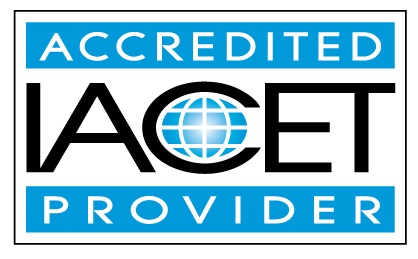Description
Mobile devices are becoming integral to our lives and provide opportunities for our clients to access communication, computing, and devices in the environment. Advances in powered wheelchair electronics have given us the opportunity to control these devices using standard drive controls, making access to these devices possible for those who may have otherwise had to rely on external switches or other access means. This one-hour course will address the basics of mobile device integration with advanced powered wheelchair electronics. We will cover integration of both Apple and Android devices, touching briefly on Windows mobile devices as well. We will also briefly touch on device mounting, as it is critical to device use.
Learning Outcomes:
The participant will be able to describe integration of Apple devices (iPhones and iPads) for switch access through powered wheelchair electronics.
The participants will be able to describe integration of Android devices (phones and tablets) for mouse control and switch access through powered wheelchair electronics.
The participant will be able to list three critical considerations for mounting of mobile devices to powered wheelchairs which impact device access.
Emma Smith, MScOT, ATP/SMS, is the Founder and Director of Jump Start Occupational Therapy. Emma completed a Master of Science in Occupational Therapy at Dalhousie University in Halifax, Canada, and is currently pursuing her PhD in Rehabilitation Science at the University of British Columbia. Emma has worked with adults and children across Canada, with expertise in the areas of Assistive Technology and Seating and Mobility. Emma has presented nationally and internationally on the topics of switch assessment, access to computing and communication devices (including tablets and mobile devices), and wheelchair skills training, and has a research focus on access to mobility for individuals with cognitive impairments. Emma is a member in good standing with the Canadian Association of Occupational Therapists (CAOT), and the Rehabilitation Engineering and Assistive Technology Society of North America (RESNA).


